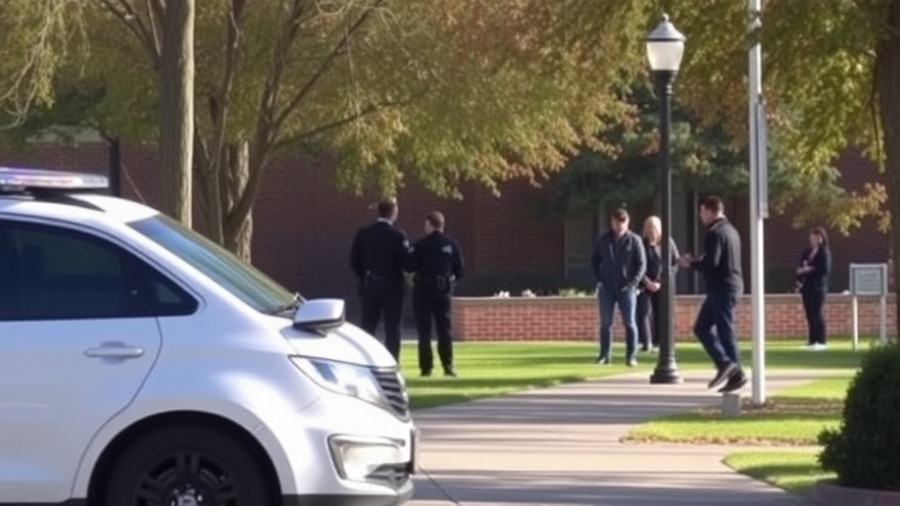
Clemson University Responds to Social Media Outrage
Clemson University is making headlines after the recent termination of one employee and the suspension of two faculty members due to controversial social media posts relating to the assassination of conservative commentator Charlie Kirk. This swift action comes in response to mounting backlash from students, community members, and state leaders, highlighting the delicate balance universities must navigate between free speech and the potential for harmful rhetoric.
The Impact of Social Media on Campus Climate
In the digital age, social media has become a powerful tool for expression, yet it can also wield considerable influence over public perception and institutional actions. The posts in question sparked significant outrage, leading to protests and calls for accountability. Social media platforms have the ability to amplify voices, creating a widespread dialogue that institutions can no longer afford to ignore.
The Importance of Accountability in Higher Education
This incident raises essential questions about the role of accountability in educational environments. Universities serve as microcosms of society and must uphold standards that prevent discriminatory or inciting behavior. As debated in recent discussions surrounding campus freedom of speech, schools are navigating a challenging landscape where they must protect individuals' rights while ensuring a safe learning environment for all.
Looking Ahead: Future Implications for Universities
The actions taken by Clemson University may set a precedent for how similar cases will be handled in educational institutions across the nation. It is likely that this incident will prompt other universities to review their policies on faculty expressions and social media engagement. The delicate nature of these situations emphasizes the need for clear guidelines that respect free speech while protecting the integrity of the academic community.
 Add Row
Add Row  Add
Add 




Write A Comment